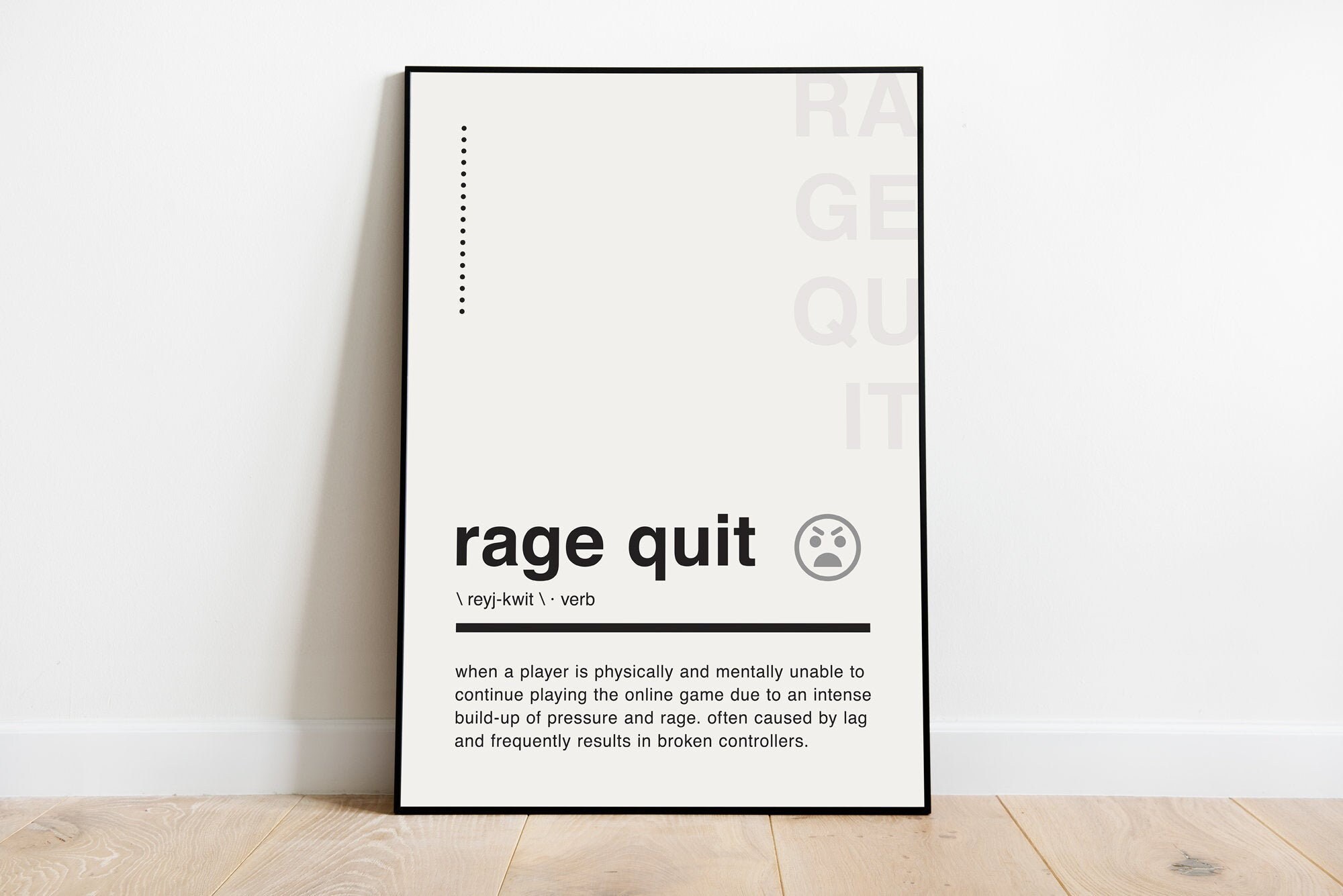


Work had gotten too stressful, marked by scant staffing and constant battles with unmasked customers. Last week, after 26 years in food service, he quit his job as general manager of a breakfast place in San Diego. More than 740,000 people who quit in April worked in the leisure and hospitality industry, which includes jobs in hotels, bars and restaurants, theme parks and other entertainment venues. Restaurant and hotel workers led the way in spring resignations And some workers are leaving positions because they fear returning to an unsafe workplace. Others may have worked in jobs that weren't a good fit but were waiting out the pandemic before they quit. Some people, particularly those who work in low wage jobs at restaurants, are leaving for better pay. The pandemic has given people all kinds of reasons to change direction. Once the title is unquestionably established through quitclaim, a general or special warranty deed can be used to further clarify the more subtle covenant issues associated with property ownership and purchase.The Coronavirus Crisis Hotels And Restaurants That Survived Pandemic Face New Challenge: Staffing Shortages

Today, the quitclaim can be used to remove apparent defects in title without the time and expense of litigation. Of course, the quitclaim has importance beyond elementary school history lessons. The California Gold Rush is probably the best example of a historical period in which the quitclaim was an essential factor in shaping the economy and social hierarchy of the day. At times when land claims needed to be made as quickly and efficiently as possible, the quitclaim was a great tool by which people took title. That said, a brief glance at the past can undoubtedly remind us of the incredible value and efficiency of a quitclaim during different historical eras. The deed is just a valueless piece of paper and nothing is transferred. There are no breached covenants because no covenants were created. Because a quitclaim only operates to convey a legal interest in the property, a quitclaim given out by a person who does not actually own the property named in the deed will not be liable for any damages at law. Of course, the fine points addressed by general and special warranty deeds are not addressed in a quitclaim deed situation, making the quitclaim a precarious and often difficult instrument by which to convey title. This means that if a seller owns a building, he can give a quitclaim deed to the buyer and the seller's entire interest has been transferred. The quitclaim deed only operates to convey to the seller's interest in the property to the buyer. In sharp contrast to these warranty deeds, a quitclaim deed contains no warranties of title at all. How quitclaim deeds differ from general and special warranty deeds A special warranty deed will address the issue of defects that arose during the seller's ownership period. Additionally, a general warranty deed will contain covenants that promise the new title-holder that he can legally purchase, possess and enjoy the property in question. These types of deeds will contain covenants that so warrant, protecting the new title-holder from lawful claims of superior title and agreeing to compensate him for any loss incurred by a successful third-party challenge of superior title. General and special warranty deeds are used to warrant the good state of the title. Quitclaim deed General and special warranty deeds There are three types of real estate deeds:ģ. But you should know that, unlike general or special warranty deeds, the quitclaim includes no protections for the buyer. A quitclaim deed is a fast way to transfer property to a buyer.


 0 kommentar(er)
0 kommentar(er)
